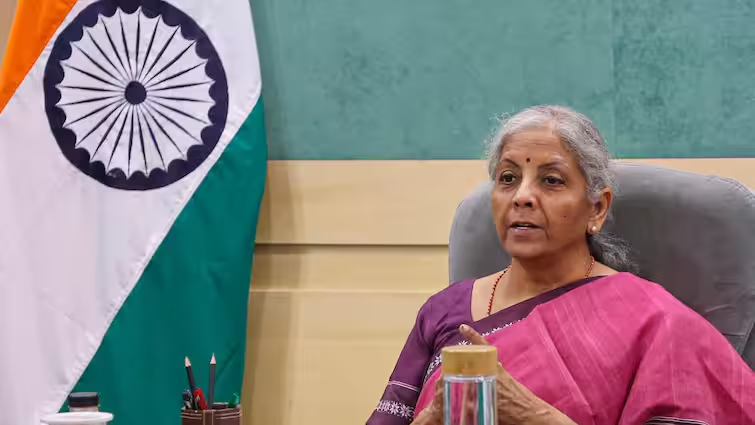
More than 20,000 Indian lives lost. Three wars. Dozens of terror strikes. And yet, India kept the water flowing. Not anymore.
India has suspended the Indus Water Treaty, a historic water-sharing pact with Pakistan signed in 1960. The move came after the recent terrorist attack in Pahalgam, which targeted Indian tourists in Kashmir.

According to India’s envoy at the United Nations, Pakistan’s role in cross-border terrorism has pushed India to this decision.
For decades, India showed restraint—even as Pakistan exported terror. Now, India is finally using its leverage, starting with one of the most valuable resources on Earth: water.
The facts they can’t ignore
India’s Permanent Representative to the UN, Parvathaneni Harish, minced no words. “More than 20,000 Indian lives have been lost to terror attacks in four decades,” he told the UN Security Council. He blamed Pakistan’s repeated violations—including the 2012 terrorist attack on the Tulbul Navigation Project in Jammu and Kashmir—and added that India had made repeated efforts to revise and modernize the treaty in line with current realities.
But Pakistan refused. Again and again.
“The treaty was signed in good faith. But Pakistan has not honored the spirit of that agreement,” Harish said.
Also Read Jaishankar: PoK Return Is the Only Topic; Indus Waters Treaty Suspended
India waited. And waited.
India could have suspended the Indus Water Treaty years ago. But we chose peace. We chose diplomacy. We chose progress. But what do you do when your neighbor keeps sending terrorists across the border while crying victim in global forums?
Answer: You stop pretending it’s business as usual.
It’s not just about terror—it’s about the future
This decision isn’t only about national security. It’s also about climate change, energy demands, and dam safety. India needs every drop to power its clean energy projects, support farmers, and prepare for changing weather patterns. Pakistan, on the other hand, used the treaty as a weapon—blocking dam works and dragging India into pointless disputes.
Let’s be clear. India didn’t violate the Indus Water Treaty. Pakistan did—by supporting terrorism. Treaties aren’t just legal documents. They’re built on trust. And that trust was blown to bits—just like the innocent lives lost in Pahalgam.
As India sees it, there’s no point in offering water to a nation that returns bombs in exchange.
This is not aggression. This is self-respect.
India is not just reacting. It’s recalibrating. And this suspension sends a loud, clear message: We will not be blackmailed with our own water.
Also Read How Asim Munir’s Promotion to Field Marshal Fuels Pakistan’s Dangerous Power Struggle












